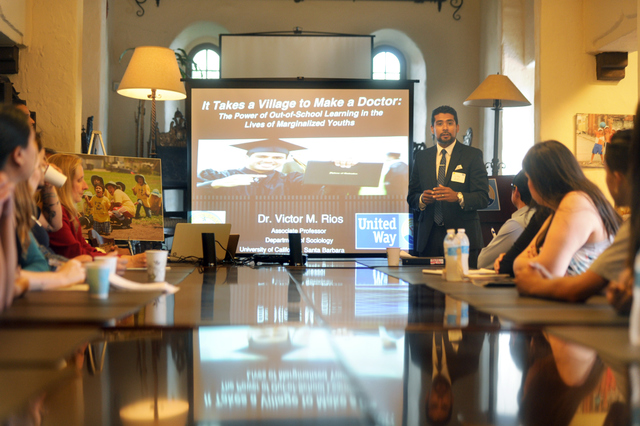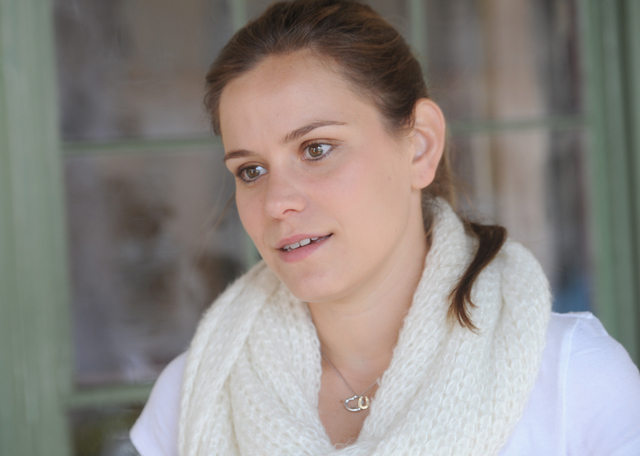Summer Program Kicks Off for Underprivileged Kids
Camp Will Be Held at Four Sites Between Carpinteria and Goleta

Three hundred academically at-risk kids began summer camp on Monday. Sponsored by United Way of Santa Barbara County, the award-winning summer program called Fun in the Sun seeks to support the most vulnerable area kids during the hottest months of the year.
Based on the notion that just two summers without academics can have cumulative impacts on the most underprivileged children, Fun in the Sun has been serving 3rd through 12th graders for 18 years in Santa Barbara. Kids are selected by teachers if they are D-level students, participate in the free or reduced lunch program, and have had behavior problems at school. According to United Way CEO Paul Didier, last summer’s participants’ parents work on average 2.2 jobs and finished formal schooling in the 5th grade. But the good news is that 97 percent of participants gained two reading levels and 91 percent displayed a gain in self-control or positive behavior.

Didier said many of the program staff come from the “teaching world.” Goleta Union School District teacher Linsey Oglanian added that the program couples instruction with social enrichment and seeks to provide one-on-one support. One of her former students started with the program when she was in the 3rd grade and returned every summer. Now 18 years old, the student is a counselor-in-training at Fun in the Sun and will be attending San Diego State University in the fall. “Her love for the program is clear,” Oglanian said.
To prep the staff for the next six weeks, Dr. Victor Rios, a street kid turned UCSB sociology professor, spoke last Friday about the symbiotic relationship between emotional support and academic success in a child’s life. “It’s actually a very simple, but very productive model because it’s about making sure we keep those kids active and learning [during the summer],” said Rios, who researches equality in education and has spent years observing Santa Barbara teenagers. “If you get to the very root of the pipeline, you might circumvent a lot of kids in the system.”



